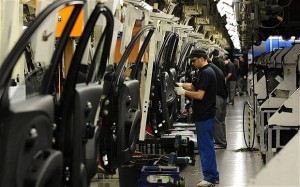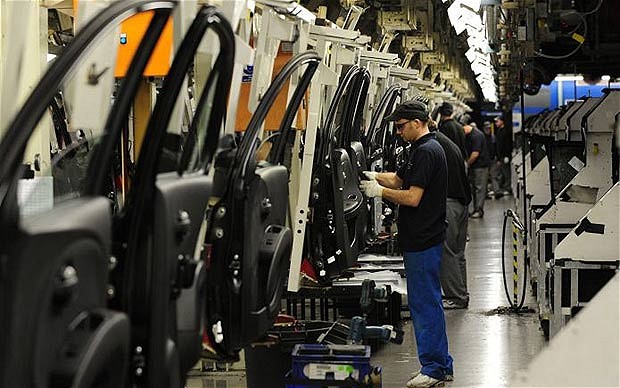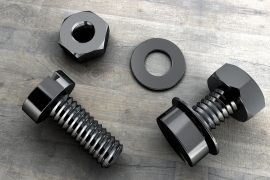 Chancellor George Osborne recently announced a £7 billion energy bill cut for UK-based manufacturers, as part of a long-term effort to reduce costs for businesses in Britain exporting products overseas. The cut will also apply to certain households, largely to reduce the pressure on consumers struggling with everyday expenses.
Chancellor George Osborne recently announced a £7 billion energy bill cut for UK-based manufacturers, as part of a long-term effort to reduce costs for businesses in Britain exporting products overseas. The cut will also apply to certain households, largely to reduce the pressure on consumers struggling with everyday expenses.
The cost of energy has become a major economic issue for many in Britain. Over the last month, reports have emerged of food banks preparing special ‘cold packages’ of products that can be consumed without heat. Others have reportedly dealt with a growing number of beneficiaries turning down food that requires cooking.
The package offered by George Osborne includes a freeze to the carbon tax, which is currently charged to major carbon dioxide emitters in the manufacturing sector. The carbon tax freeze will occur for ten years from 2016 and cap taxes at £18 per tonne, rather than the £30 per tonne that businesses would otherwise need to pay.
As a result of the tax freeze, large manufacturers could save as much as £50,000 per year in energy expenses. The average UK household would also benefit from the tax freeze, enjoying a £15 per year saving in energy bills. The package also includes a £1 billion payment to firms that require a lot of energy to compensate for green levies.
Numerous leading manufacturers have criticised the carbon tax, stating that it sets back British manufacturing and creates unnecessary costs for manufacturers. Most of the criticism revolves around the tax’s relatively minor impact on global carbon dioxide output in comparison to its massive cost for UK-based industry.
Manufacturing has grown at a steady pace as the economy has moved back into a growth phase. The 2014 budget is part of a long-term effort by the government to ensure that this growth is steady and to keep costs relatively low for both British households and leading manufacturers.





